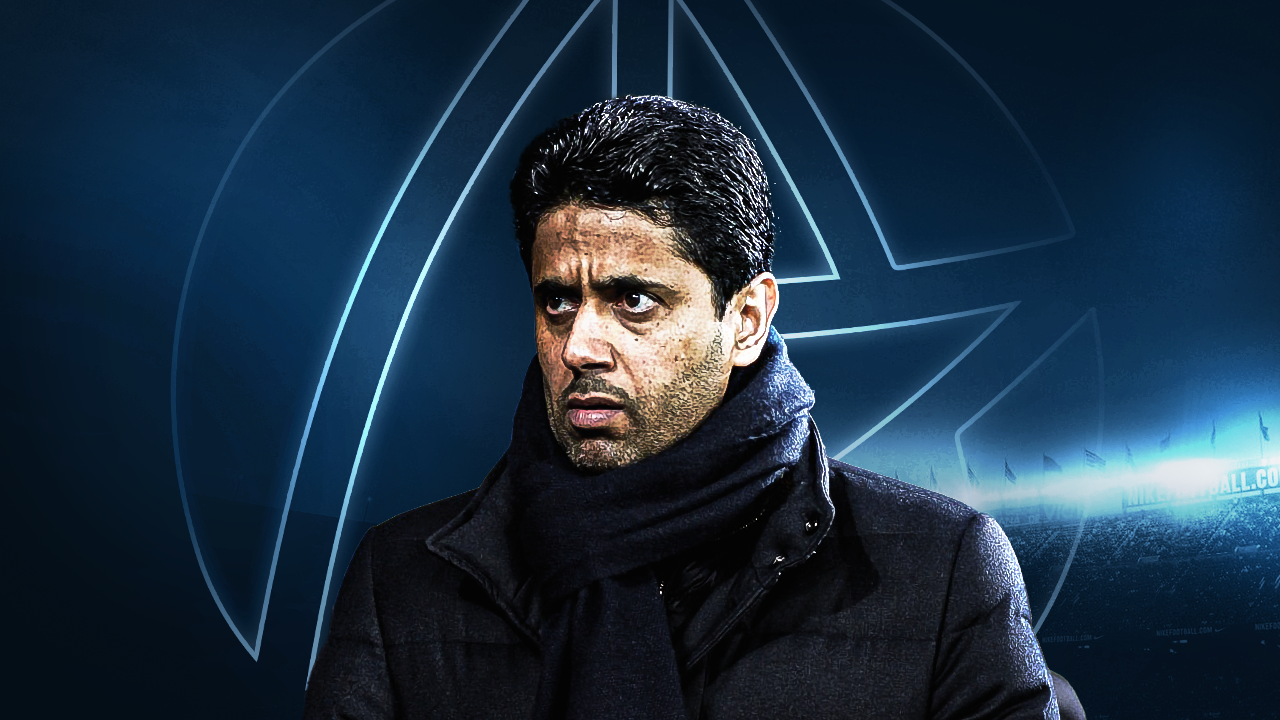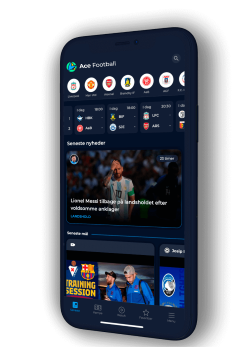In the glittering world of modern football, power often lies with players who dominate the pitch, coaches who inspire brilliance, or clubs steeped in history.
But Nasser Al-Khelaifi is none of these — not a former footballer, not a celebrated tactician, not even a name most fans knew just over a decade ago. And yet today, he stands as arguably the most powerful man in the global game.
The son of a pearl fisherman from Doha, Al-Khelaifi’s origin story is far from the elite paths trodden by other sports executives. Born in the early 1970s, his father’s profession — pearl diving — was once Qatar’s economic backbone, though the work was grueling, dangerous, and low-paid. Before oil and gas transformed the Gulf nation, the sea was all there was.
From Tennis Court to Boardroom
Al-Khelaifi didn’t grow up with luxury, but ambition surrounded him. He picked up a tennis racket early in life and by 1992, he was playing professionally. His career prize money barely scratched €14,000, and his highest ATP ranking peaked at 995. But where his tennis results faltered, his relationships flourished.
One of his hitting partners on the court was a young tennis enthusiast named Tamim bin Hamad Al Thani — the man who would go on to become the Emir of Qatar. That friendship would prove pivotal. In 2008, as Tamim ascended through Qatar’s power structures, Al-Khelaifi was appointed president of the Qatar Tennis Federation — a modest but crucial step into sports administration.
The Birth of a Football Empire
Then came the move that would shift his life — and football — forever. Al Jazeera Sports brought him on board to buy broadcasting rights, first for tennis, then football. Soon after, the network evolved into beIN Sports, and Al-Khelaifi was building a media empire. By 2011, he was named head of the newly-formed Qatar Sports Investments (QSI), a sovereign wealth vehicle for sporting assets.
That same year, QSI purchased a controlling stake in Paris Saint-Germain for around €70 million — the birth of a new era. PSG wasn’t a European superpower. It was a struggling French club with a few flashes of success and an uncertain identity. But Al-Khelaifi had a clear vision: PSG would become a global brand, a luxury icon to match the city it called home.
The Galáctico Years and the Champions League Chase
The spending began almost immediately. Javier Pastore broke France’s transfer record. Then came Thiago Silva, Zlatan Ibrahimović, Neymar, Mbappé, and Messi. It was football’s equivalent of assembling The Avengers. PSG won domestic trophies, filled stadiums, and started appearing in fashion weeks, not just sports sections.
But the Champions League — the one title that would validate their project — always slipped away. And so did Mbappé in 2024, leaving behind a club in transition and filing a €55 million legal claim in the process.
Al-Khelaifi called it a “cultural reset.” The stars were gone, but suddenly, the team looked more like a cohesive unit than a celebrity showroom. PSG began winning again — and importantly, winning the right way.
Broadcasting Power and Global Reach
Yet PSG was only part of the web.
Behind the scenes, beIN Sports was the true game-changer. Under Al-Khelaifi’s leadership, the broadcaster secured rights to La Liga, Serie A, Ligue 1, the Bundesliga, and the Champions League — not just in the Middle East, but worldwide. In many countries, to watch elite football meant subscribing to beIN. And while clubs fought leagues and leagues argued with federations, beIN simply paid — and in return, shaped kickoff times, packaging, and access. It wasn’t just a business model. It was influence.
A Player in Global Politics
That influence extended into geopolitics. In 2017, Saudi Arabia launched a piracy operation to rebroadcast beIN’s feed for free, sparking a regional diplomatic crisis. The broadcaster had become a national asset — and Al-Khelaifi, a geopolitical figure.
Sponsors added another layer. PSG’s commercial success reached unmatched heights in 2024, bringing in €415 million — more than any other club in Europe’s top five leagues. Many of those deals were with companies connected to QSI and the Qatari state: Qatar Airways, Qatar National Bank, Ooredoo. Critics called it nation branding. Financial Fair Play investigators called it suspicious. But for PSG, it meant the money never stopped.
Al-Khelaifi vs. the Super League
Al-Khelaifi’s political savvy proved just as valuable. When the European Super League erupted in 2021 and 12 of Europe’s biggest clubs tried to form a breakaway competition, PSG refused to join. Al-Khelaifi stood with UEFA. And in return, he was rewarded. He became chairman of the European Club Association and cemented his influence inside UEFA’s inner circle — despite facing his own corruption allegations. UEFA president Aleksander Čeferin stood by him.
The Web of Influence
Today, Al-Khelaifi’s reach extends across every corner of the football power map. He controls a club. A broadcaster. Sits on UEFA’s board. Leads the ECA. Negotiates sponsorships. Attends diplomatic meetings with heads of state. Few figures, if any, occupy so many key nodes at once.
And yet, he still faces a challenge from a new class of power players: the stars themselves. Kylian Mbappé — the once-loyal face of the project — now wages legal war against the club that made him its icon. It’s a reminder that in today’s game, power isn’t just institutional. It’s also personal.
Legacy in the Making
Still, Nasser Al-Khelaifi remains the architect of modern football’s Qatari era. From humble beginnings on Doha’s courts to the VIP lounges of the Parc des Princes and the boardrooms of UEFA, his story isn’t just about rising through sport — it’s about reshaping it entirely.






